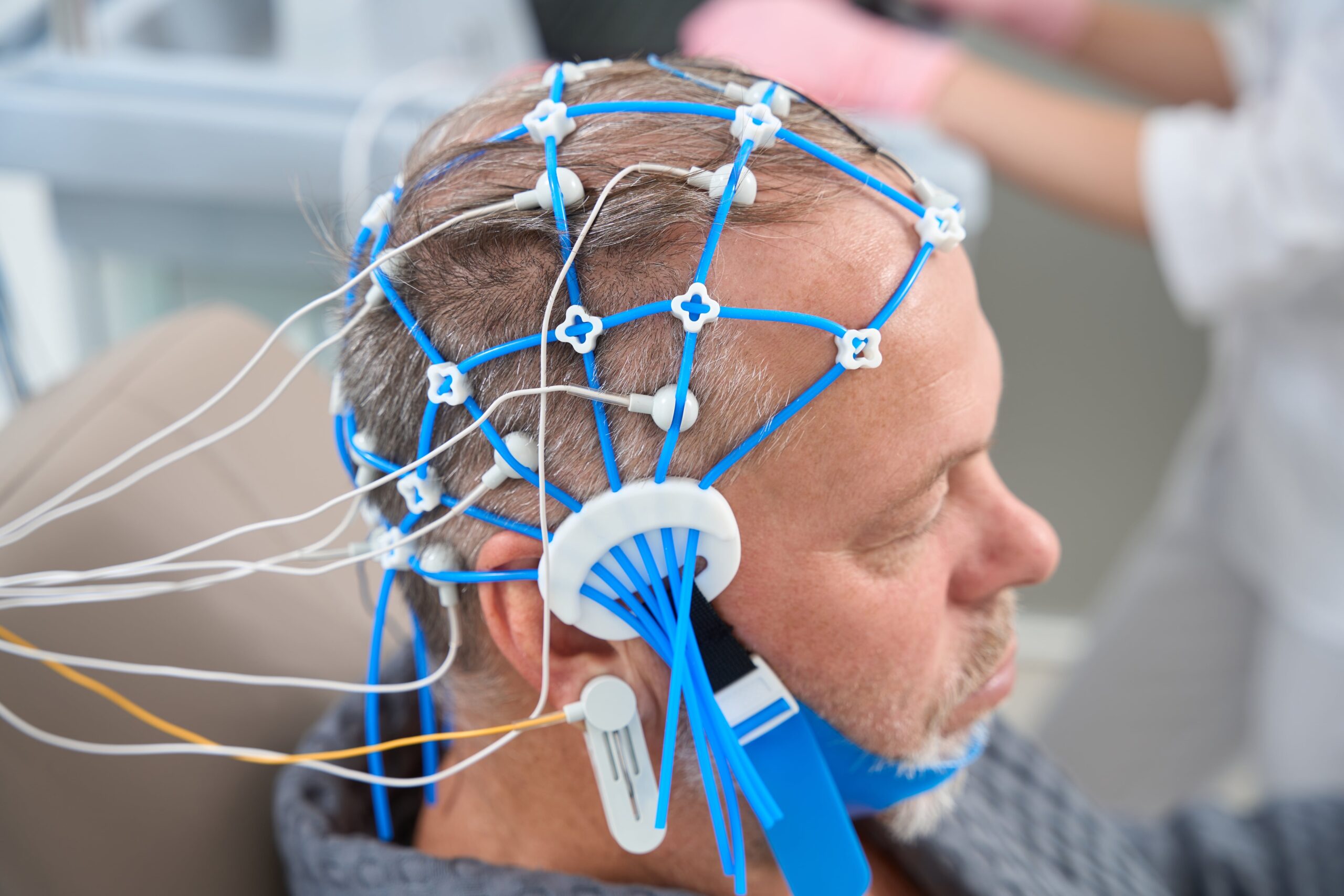Why Brain Fog Is So Common Today (And What It Might Be Signalling)
Everyone has off days — the ones where your thoughts feel slow, your memory feels patchy, and even simple tasks take more effort than they should. That fuzzy, unfocused feeling is commonly called brain fog, and while it’s not a medical diagnosis on its own, it’s a sign that something in your body or mind needs attention. The problem is that most people brush it off, assuming it’s just tiredness or stress. But recurring or persistent brain fog can be a useful signal, pointing towards something deeper happening under the surface.
For some people, especially when symptoms linger, getting clarity through tools like an EEG test Melbourne clinicians offer can help rule out underlying neurological issues. For most, though, brain fog is your brain’s way of waving a flag — telling you that something is out of balance.
Here’s why brain fog has become so common, and what it might be trying to tell you.
Your Brain Is Overstimulated More Than Ever
Modern life exposes your brain to constant stimulation. Notifications, screens, multitasking, background noise, and information overload all compete for mental energy. Even if you feel “used to it,” your brain is quietly burning through resources.
Overstimulation can lead to:
- Difficulty concentrating
- Trouble switching between tasks
- Mental fatigue
- Slower processing
Think of it like having too many tabs open on your computer — nothing runs as smoothly as it should.
Poor Sleep Quality Disrupts Cognitive Function
Brain fog and poor sleep go hand in hand. Even one night of disrupted rest can affect your memory, mood, and attention. But ongoing sleep issues — like waking often, struggling to fall asleep, or inconsistent sleep cycles — can create chronic fog.
Sleep problems affect the brain by:
- Reducing the time spent in deep, restorative sleep
- Disrupting hormone regulation
- Increasing inflammation
- Interrupting memory consolidation
If you regularly wake up tired, your brain fog is likely tied to your sleep health.
Stress Drains Your Mental Energy Faster Than You Realise
Stress isn’t just an emotional experience — it has a direct neurological impact. When stress hormones stay elevated for long periods, they interfere with focus, memory, and decision-making.
You may notice:
- A shorter attention span
- Irritability
- Forgetfulness
- Feeling mentally “heavy”
Your brain is using energy managing stress, leaving less available for everyday thinking.
Nutrient Gaps Can Affect Mental Clarity
Your brain relies on a steady supply of nutrients to function at its best. Deficiencies — even mild ones — can influence mental performance. Common contributors include low levels of:
- Iron
- Vitamin B12
- Omega-3 fatty acids
- Vitamin D
- Folate
When your body doesn’t get what it needs, your brain is often the first place to feel it.
Hormonal Shifts Can Blur Mental Sharpness
Hormones play a major role in cognitive function. Changes during puberty, pregnancy, postpartum, perimenopause, menopause, or hormonal disorders can all trigger brain fog.
Hormone-related fog often shows up as:
- Mental sluggishness
- Forgetfulness
- Mood swings
- Difficulty focusing
When hormones shift, it can take time for the brain to regain equilibrium.
Dehydration and Blood Sugar Swings Are Quiet Culprits
Many people underestimate how much hydration and blood sugar stability affect their mental clarity. Even mild dehydration can cause headaches, sluggish thinking, and difficulty concentrating. Meanwhile, skipping meals or eating foods that cause rapid blood sugar spikes and drops can create a rollercoaster of brain fog throughout the day.
Little adjustments — like regular meals and more water — often make a bigger difference than expected.
Medication Side Effects Can Affect Cognition
A surprising number of common medications can contribute to fogginess. These include antihistamines, sleep aids, antidepressants, and some pain medications. If your brain fog started after a new prescription, it’s worth discussing with your healthcare provider.
When Brain Fog Might Be a Sign of Something Bigger
While brain fog is often harmless and temporary, persistent or worsening symptoms deserve attention. Sometimes it can be linked to:
- Thyroid disorders
- Chronic infections
- Long-term inflammation
- Neurological conditions
- Autoimmune issues
If your fog is accompanied by headaches, dizziness, significant memory problems, or sudden changes in behaviour or mood, it’s important to speak with a professional.
What You Can Do to Clear the Fog
You don’t have to accept brain fog as a normal part of life. A few small changes can help restore clarity.
Try:
- Prioritising sleep
- Drinking more water throughout the day
- Reducing screen exposure in the evenings
- Eating balanced meals
- Taking regular breaks from mentally heavy tasks
- Practising breathing or grounding exercises during stressful moments
These habits support cognitive health from multiple angles.
Your Brain Uses Symptoms to Communicate
Brain fog isn’t random — it’s a message. Your brain is trying to tell you that something needs attention, whether it’s stress, lifestyle habits, or something more medical. When you listen to that message instead of pushing through it, you give yourself the chance to feel clearer, more focused, and more present.
Read More: The Smartest Way to Prepare for a Pet Emergency Before It Happens

